
By Michael Wang
<[email protected]>
She is not allowed to go on the Internet without her parents’ permission. She has an 11 p.m. curfew. She has to regularly call her parents to tell them where she is. She doesn’t have cable.
But even though junior Jessie Garner’s independence is restricted by her parents more so than many of her peers’, according to her, she understands that it is mostly for safety reasons.
“(My parents) don’t want me to get into trouble and make the mistakes like the other kids are making, (such as) the typical drugs, sex and alcohol,” she said.
Garner’s mother Janette Garner said she has limited her daughter’s freedom in order to protect her and enable her to foster better judgment later on in life. She said, “I hope Jessie will make good judgments and discern friends as far as who will make a good friend and who won’t (in the future).”
But it’s a fine line that parents like the Garners must walk with their children in deciding how much freedom to allow them in order to help them learn to make decisions on their own and how much restrictions to impose on their kids to keep them safe.
After all, even though students whose independence is restricted by their parents may be able to make better choices, that restriction also has its negatives.
According to Catherine Heinz, the Associate Director of Purdue University Office of Admissions, students whose freedom is hindered in high school may find the transition to college, and adulthood in general, to be stressful and difficult.
Heinz, who also works with new students as they make the transition from high school to college, said via e-mail, “If high school students don’t have any independence, any transition to adulthood will be more difficult. Independence allows children to learn, grow and to become more confident in their own abilities so that they will be more willing to try different things and take on challenges that will allow them to grow and succeed.”
According to the Web site titled “The Academic Advisors’ Handbook: The Transition to College” by Jane Rhoads, who directs college reading and study skills classes Wichita State College, the difficulty of the transition process from high school to college and adulthood is attributed to the fact that students whose independence is restricted may suddenly encounter so much free time once they matriculate into college they will not know how to manage that free time effectively and optimally.
Rhoads stated on the Web site, “The amount of free time you have in college is much more than in high school (so) always have a weekly study schedule to go by. Otherwise, time slips away and you will not be able to account for it.”
As a result, the most difficult aspect of the transition process for students whose freedoms are limited, according to both the article and Heinz, is time management.
Jessie said she agreed that time management will pose the biggest problem for her once she enters college. She said, “I will have all this time on my hands, and here (in high school at home) I have stuff to do and stuff my parents want me to do. (Once in college) I will have all this time on my hands that I may not know what to do with it.”
Besides the factor of extra free time, Mrs. Garner acknowledged that the restrictions parents place on their children in high school may backfire. She said the transition may be difficult for students whose freedoms have been limited by rules if they decide to rebel against every one of those rules and experiment once they attend college.
She said, “I guess it is possible for them to decide to disobey every rule that they had at home. They may end up with a group that is doing things that they couldn’t do in the past.”
Having recognized that the transition may pose problems to students whose independence is restricted by their parents, Mrs. Garner said she has tried to give her daughter more independence in order to help Jessie with her transition into college.
In terms of the ways she has tried to give Jessie more independence, Mrs. Garner said that she has begun to extend Jessie’s curfew, allowed Jessie to use her own judgment on what movies she wants to watch and allowed her to enroll here rather than coerce her to attend a small private high school.
Jessie said she has observed that her mom has given her more independence in high school.
According to her, this increase in independence, albeit incrementally, will help her adjust to college better. She said, “If they shelter me too much, I will probably be lost and confused (in college).
But if they slowly start to give more freedom, a little bit at a time, then it will be better than all this independence at once.”
According to Heinz, this is a necessary step in order to help students transition to college, especially students who have been sheltered. She said, “As children get older, parents should be willing to recognize good behavior with additional independence as is appropriate for their son’s or daughter’s age.”
Heinz said she attributed this to the fact that in family relationships with this kind of mutual respect, the transition to college is less stressful for both parents and children. She said, “Parents can trust that their kids will make smart choices with the independence they will have in college and their children (can) have the self-confidence they need to thrive in their new environment.”
Jessie reasoned this will help her with her transition to college because she will be more exposed to the world and thus be more accepting of other peoples’ beliefs. She said, “In eighth grade I thought pretty much everyone’s opinion except mine was wrong, but now even if I don’t believe in what they believe in, I still, like, accept that they can have their own opinion even if I don’t like it.”
As Jessie approaches college, Mrs. Garner said all she can do is hope that restricting Jessie’s independence but giving her more independence incrementally in high school was for the best in her transition from high school to college.
Mrs. Garner said jokingly, “So I hope I haven’t scarred (Jessie) for life. I hope (Jessie) won’t need therapy one day.”
—
JESSIE’S INDEPENDENCE
BEFORE
1. Jessie has an 11 p.m. curfew.
2. Jessie has a curfew for accessing the internet.
3. Jessie has to obtain permission from her parents before watching a movie.
4. Before hanging out with friends, Jessie’s parents want to meet her friends and also her friends’ parents.
5. Jessie went to a small Catholic school for elementary and middle school.
6. Jessie cannot hang out with friends at certain places.
AFTER
1. Jessie has a later curfew.
2. Jessie can access the internet now at a later time.
3. Jessie can use her own discretion when choosing to watch movies.
4. Jessie can now use her own judgment when making friends. Her parents haven’t met all her friends nor her friends’ parents once in high school.
5. Jessie goes to Carmel High School.
6. Now that Jessie can drive, she can go to many of the places that she couldn’t go before.
JESSIE AND JANET GARNER / SOURCE









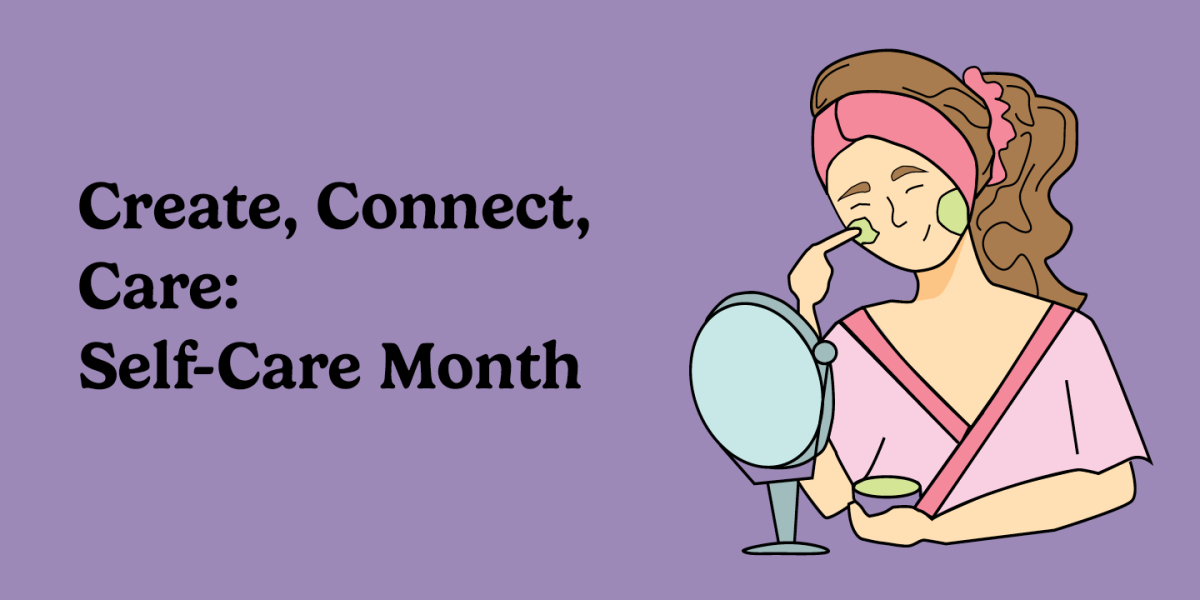







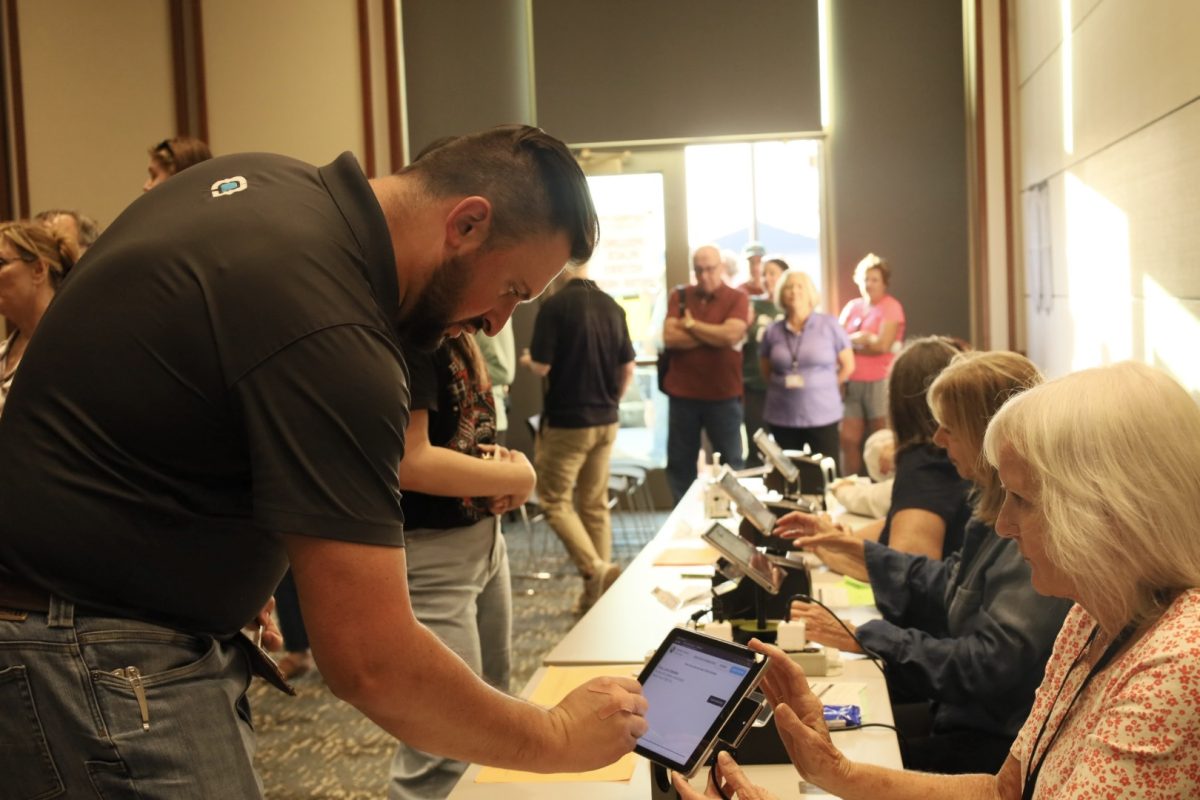




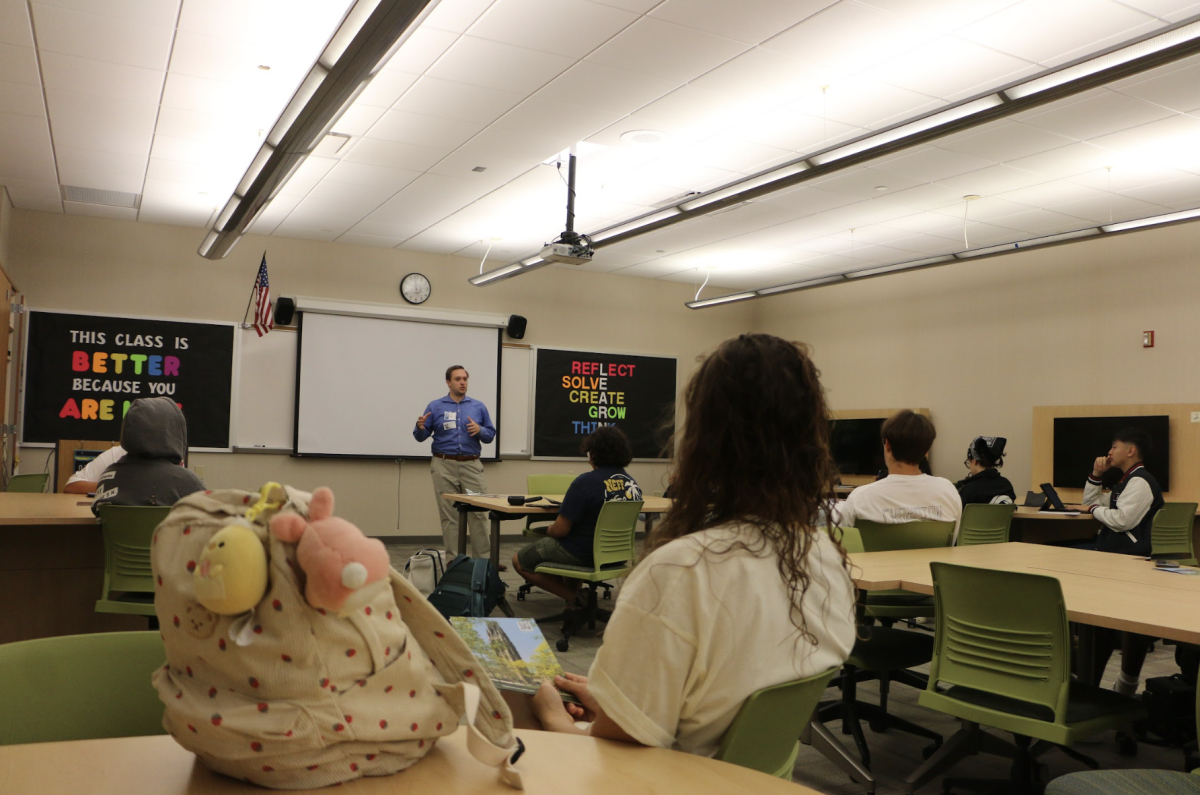


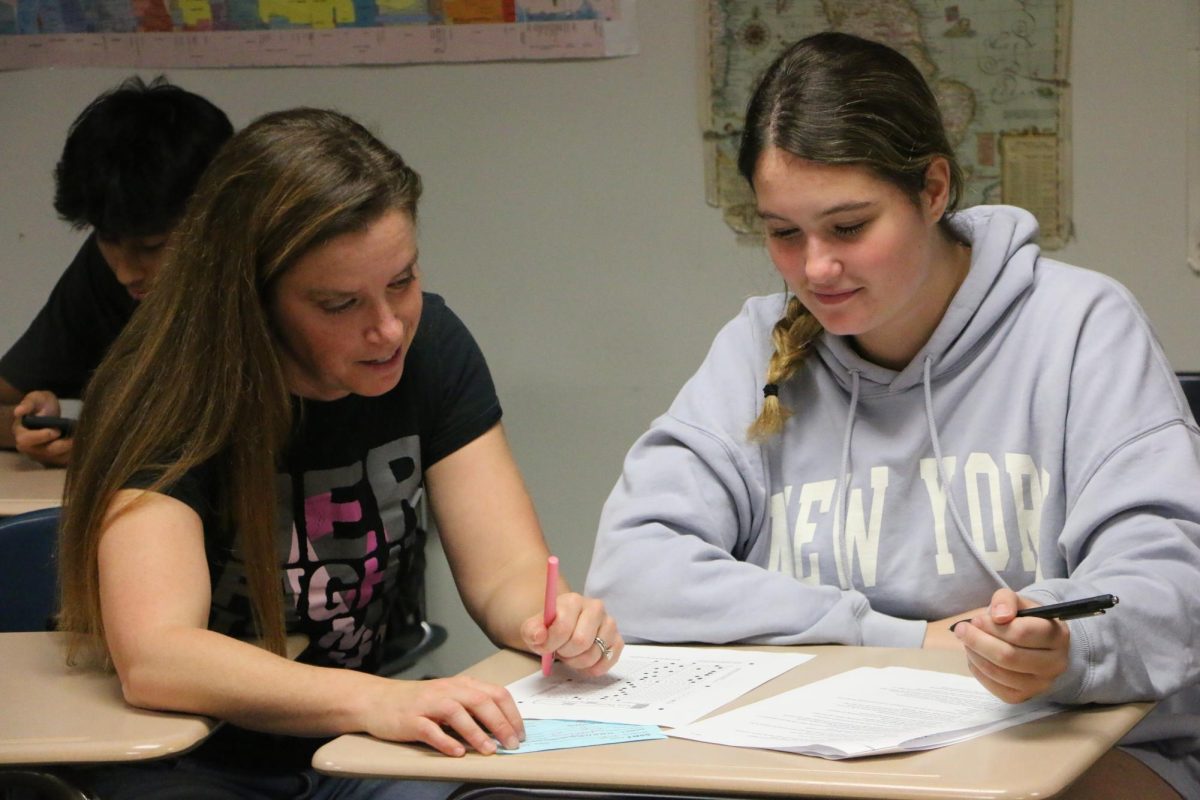
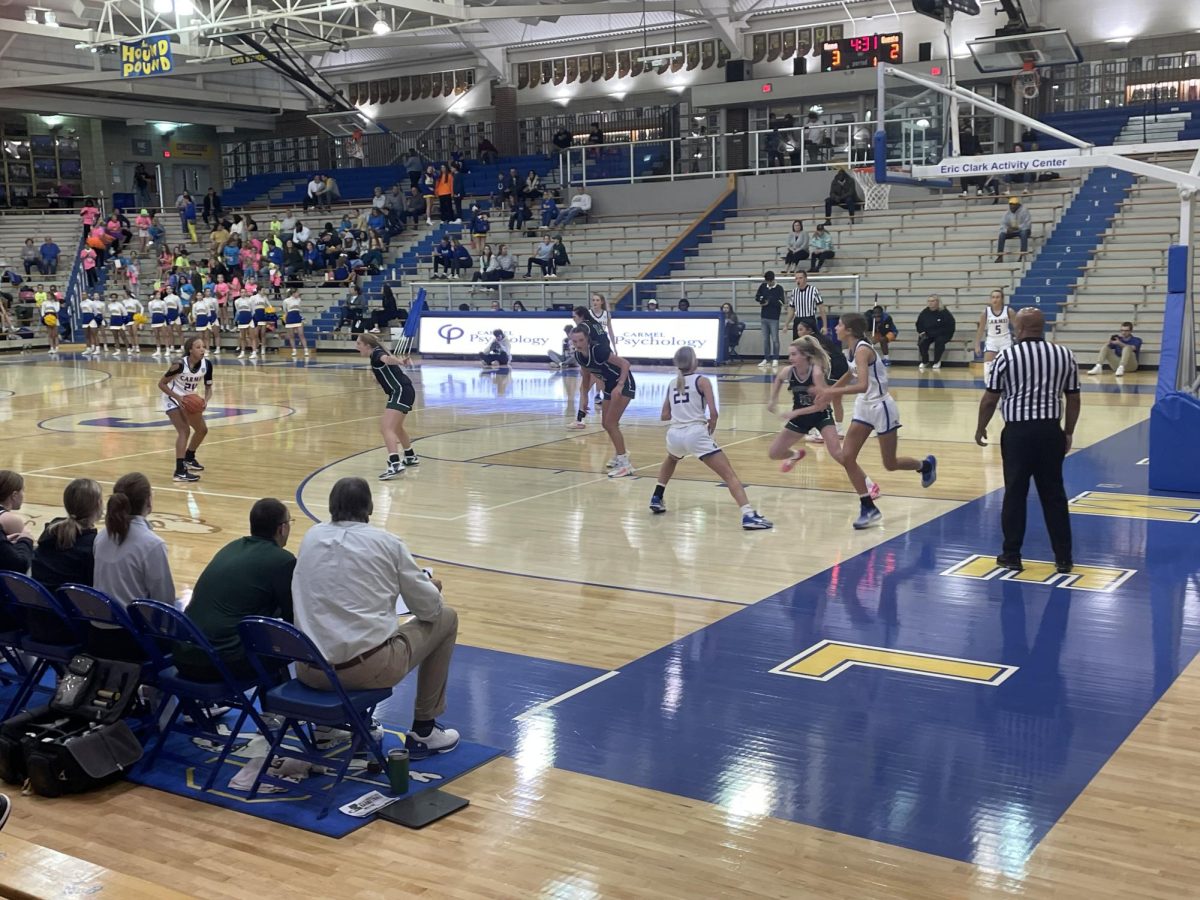


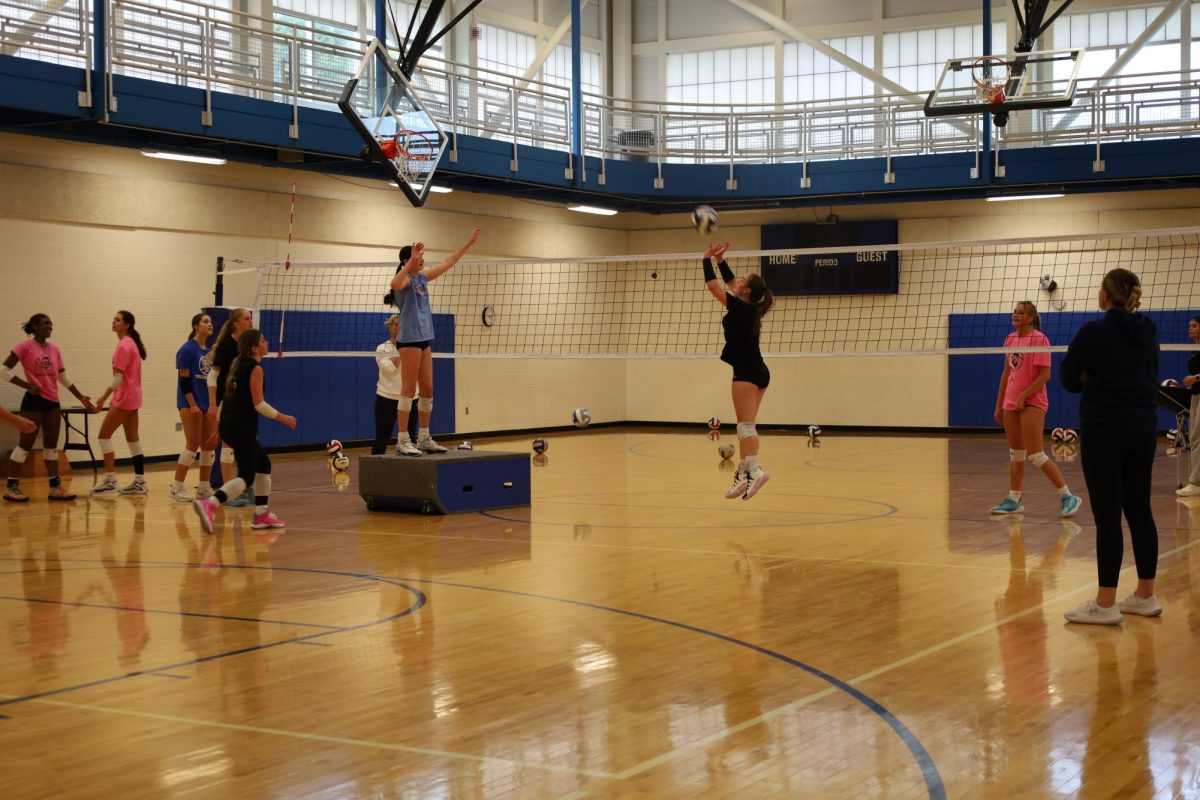
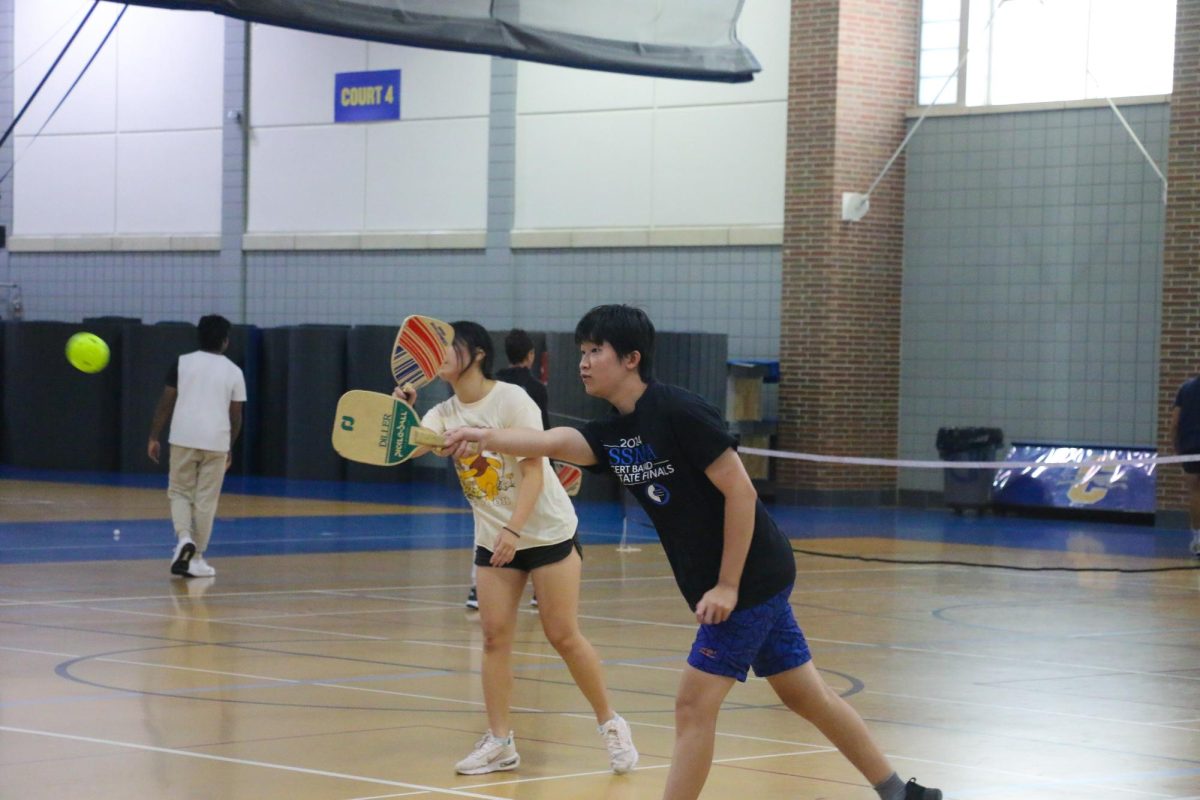
!["Wicked" poster controversy sparks a debate about the importance of accuracy versus artistic freedom [opinion]](https://hilite.org/wp-content/uploads/2024/11/riva-perspective-cover-1200x471.jpg)


![Chilling or Childish? The downfall of modern horror movies [opinion]](https://hilite.org/wp-content/uploads/2024/10/adjusted-horror-cover-1200x471.jpg)
![“Uglies” is a call for change in the YA dystopian genre [opinion]](https://hilite.org/wp-content/uploads/2024/10/Perspectives-Cover-1200x471.jpg)


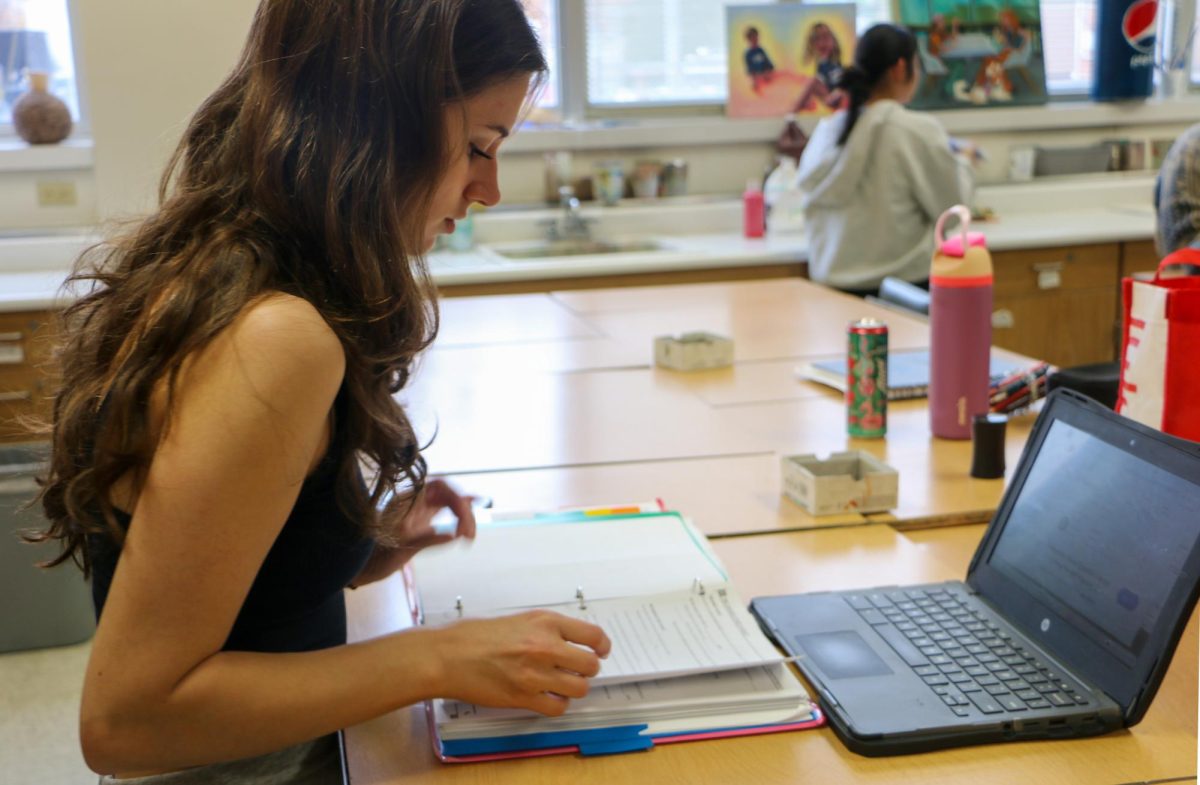

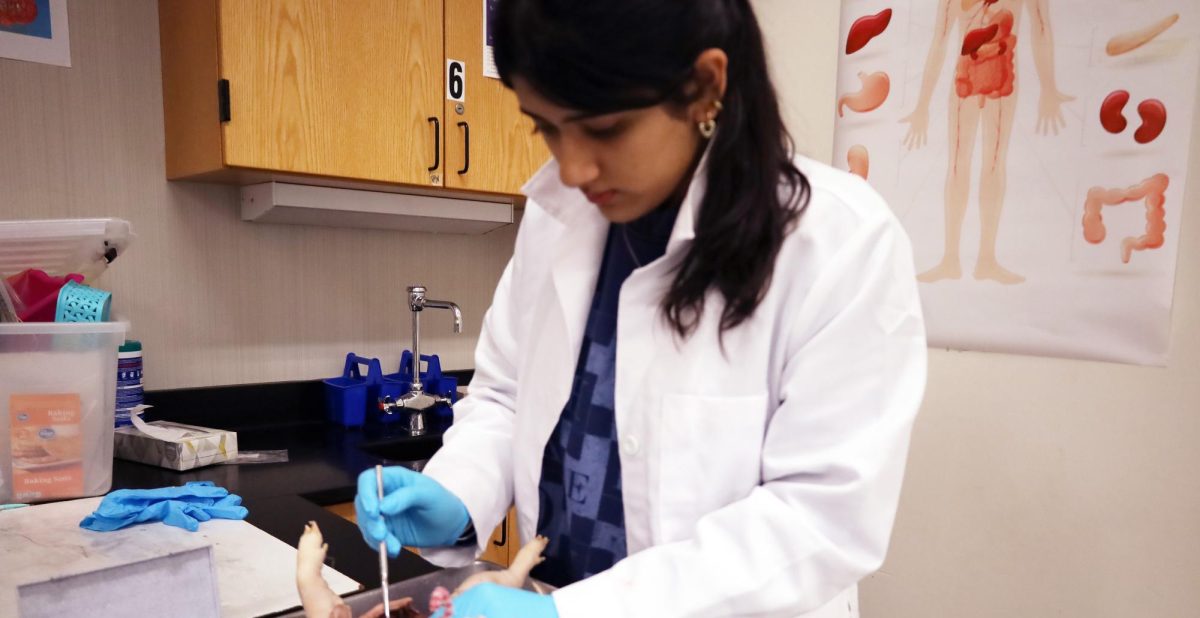







































![Review: Indy Scream Park is a perfect level of spook to kickstart the Halloween season [MUSE]](https://hilite.org/wp-content/uploads/2024/11/IMG_1383.jpg)
![Review: “Saturday Night” is a chaotic and thrilling look at the origins of “Saturday Night Live” [MUSE]](https://hilite.org/wp-content/uploads/2024/10/snl-1200x800.jpg)
![Review: “Megalopolis” is a bold, bewildering mess [MUSE]](https://hilite.org/wp-content/uploads/2024/10/MV5BYTk3MjUzMGItYmU1NC00M2YyLThmNDMtNDI4NjkxNjgzMjQzXkEyXkFqcGdeQXRyYW5zY29kZS13b3JrZmxvdw@@._V1_-1200x675.jpg)
![Review in Print: Maripaz Villar brings a delightfully unique style to the world of WEBTOON [MUSE]](https://hilite.org/wp-content/uploads/2023/12/maripazcover-1200x960.jpg)
![Review: “The Sword of Kaigen” is a masterpiece [MUSE]](https://hilite.org/wp-content/uploads/2023/11/Screenshot-2023-11-26-201051.png)
![Review: Gateron Oil Kings, great linear switches, okay price [MUSE]](https://hilite.org/wp-content/uploads/2023/11/Screenshot-2023-11-26-200553.png)
![Review: “A Haunting in Venice” is a significant improvement from other Agatha Christie adaptations [MUSE]](https://hilite.org/wp-content/uploads/2023/11/e7ee2938a6d422669771bce6d8088521.jpg)
![Review: A Thanksgiving story from elementary school, still just as interesting [MUSE]](https://hilite.org/wp-content/uploads/2023/11/Screenshot-2023-11-26-195514-987x1200.png)
![Review: "When I Fly Towards You", cute, uplifting youth drama [MUSE]](https://hilite.org/wp-content/uploads/2023/09/When-I-Fly-Towards-You-Chinese-drama.png)
![Postcards from Muse: Hawaii Travel Diary [MUSE]](https://hilite.org/wp-content/uploads/2023/09/My-project-1-1200x1200.jpg)
![Review: "Ladybug & Cat Noir: The Movie," departure from original show [MUSE]](https://hilite.org/wp-content/uploads/2023/09/Ladybug__Cat_Noir_-_The_Movie_poster.jpg)
![Review in Print: "Hidden Love" is the cute, uplifting drama everyone needs [MUSE]](https://hilite.org/wp-content/uploads/2023/09/hiddenlovecover-e1693597208225-1030x1200.png)
![Review in Print: "Heartstopper" is the heartwarming queer romance we all need [MUSE]](https://hilite.org/wp-content/uploads/2023/08/museheartstoppercover-1200x654.png)




